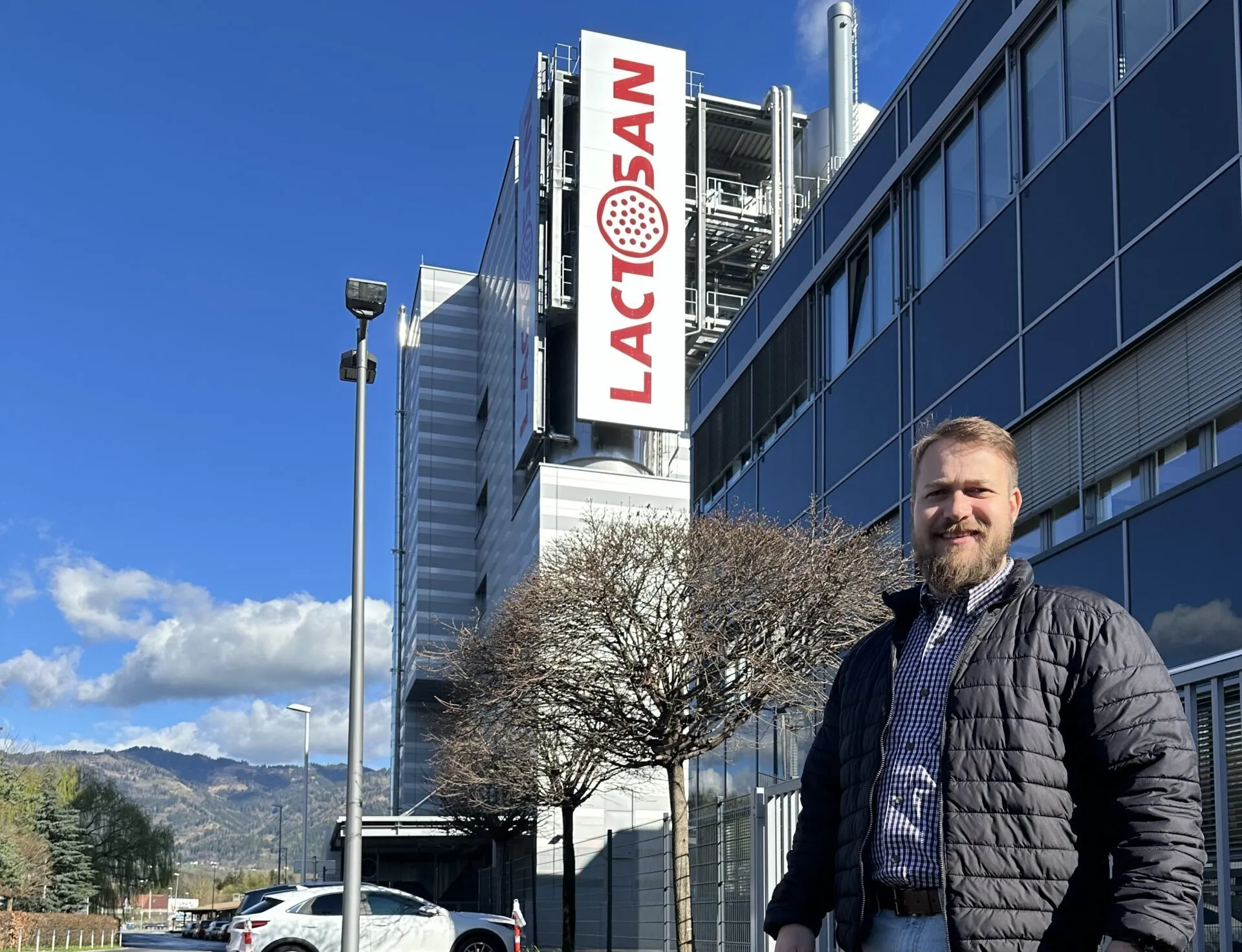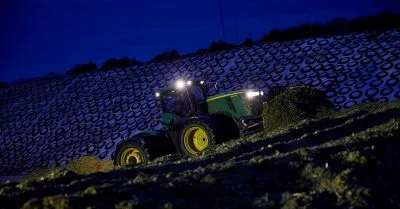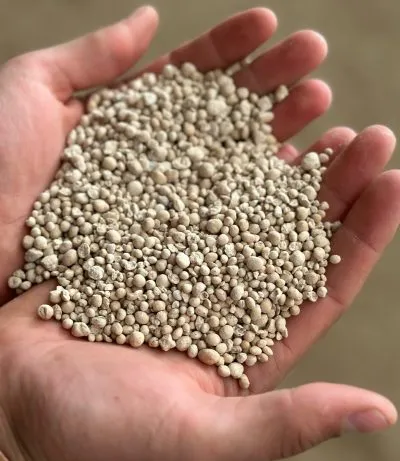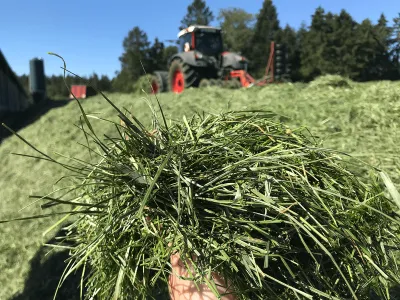The BONSILAGE team is growing again.
We’re thrilled to welcome Celso, our new Technical and R&D Specialist for North America. Based in Fort Worth, Texas, Celso will use his in-depth expertise to add an even higher level of excellence and innovation to BONSILAGE inoculants and PROVITA feed additives.
A Lifetime of Interest in Silage Fermentation and Ruminant Nutrition
Celso’s interest in animal science began during his childhood in Parana, Brazil. That interest led him to seek bachelor’s and master’s degrees in animal science from the esteemed State University of Londrina, and even further to the University of Wisconsin – Madison, where he earned his PhD. He’s never looked back.
Since leaving academia, Celso has devoted himself to improving animal health and efficiency, specifically in silage fermentation and ruminant nutrition. We’re pleased that his expertise is now part of our team.
Making Himself at Home
To get fully up to speed with his new position, Celso recently took a tour of the Provita Supplements HQ and other facilities in Germany and Austria. “My visit underscores the exceptional quality control and innovative practices that define our products,” he says. “I’m excited to be working with BONSILAGE inoculants and all PROVITA SUPPLEMENTS’ feed additives.”
Celso‘s background and insights will enrich our team and contribute to our mission of providing superior products and services to our customers. We’re excited to see where this journey takes us together!



